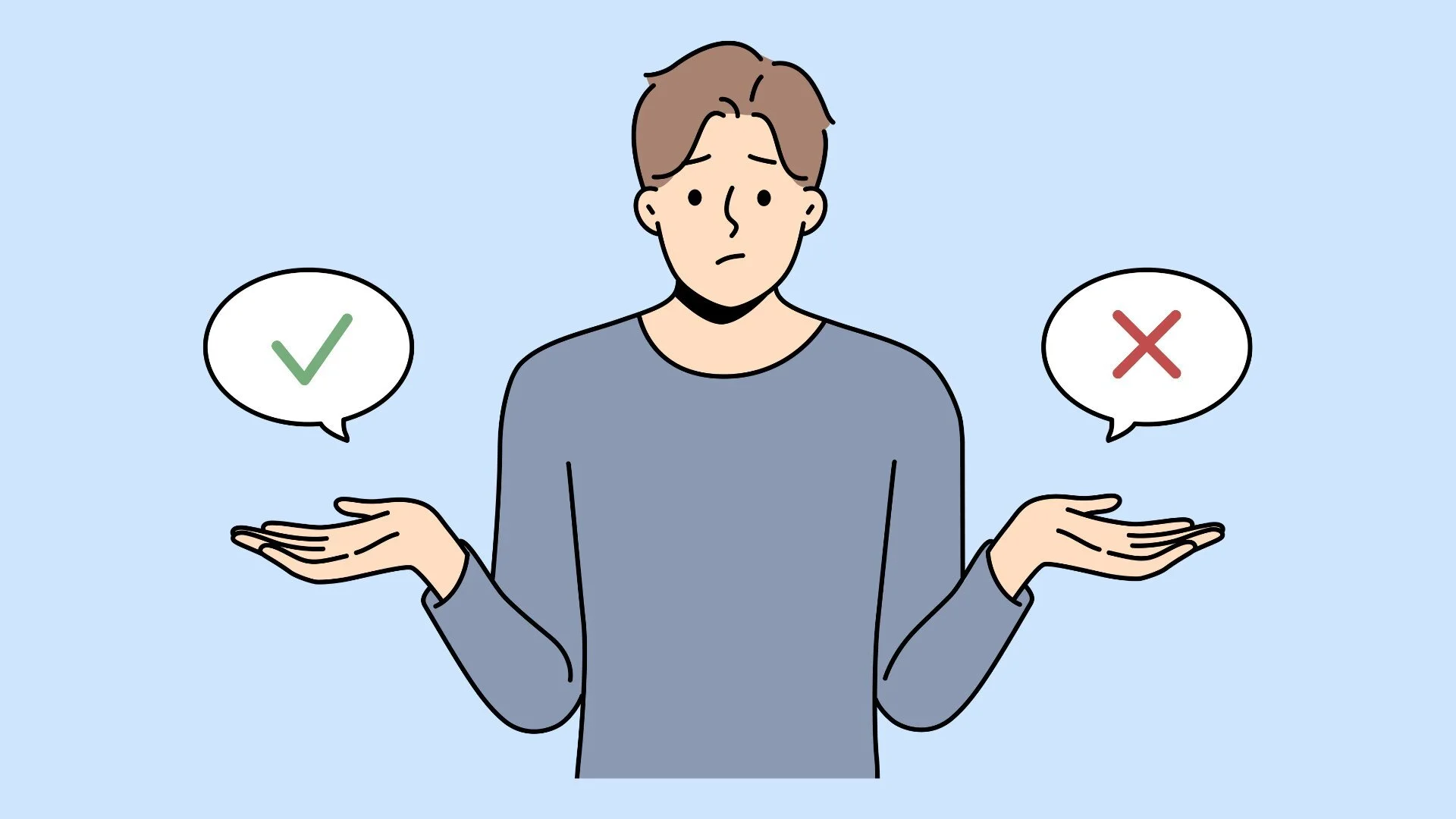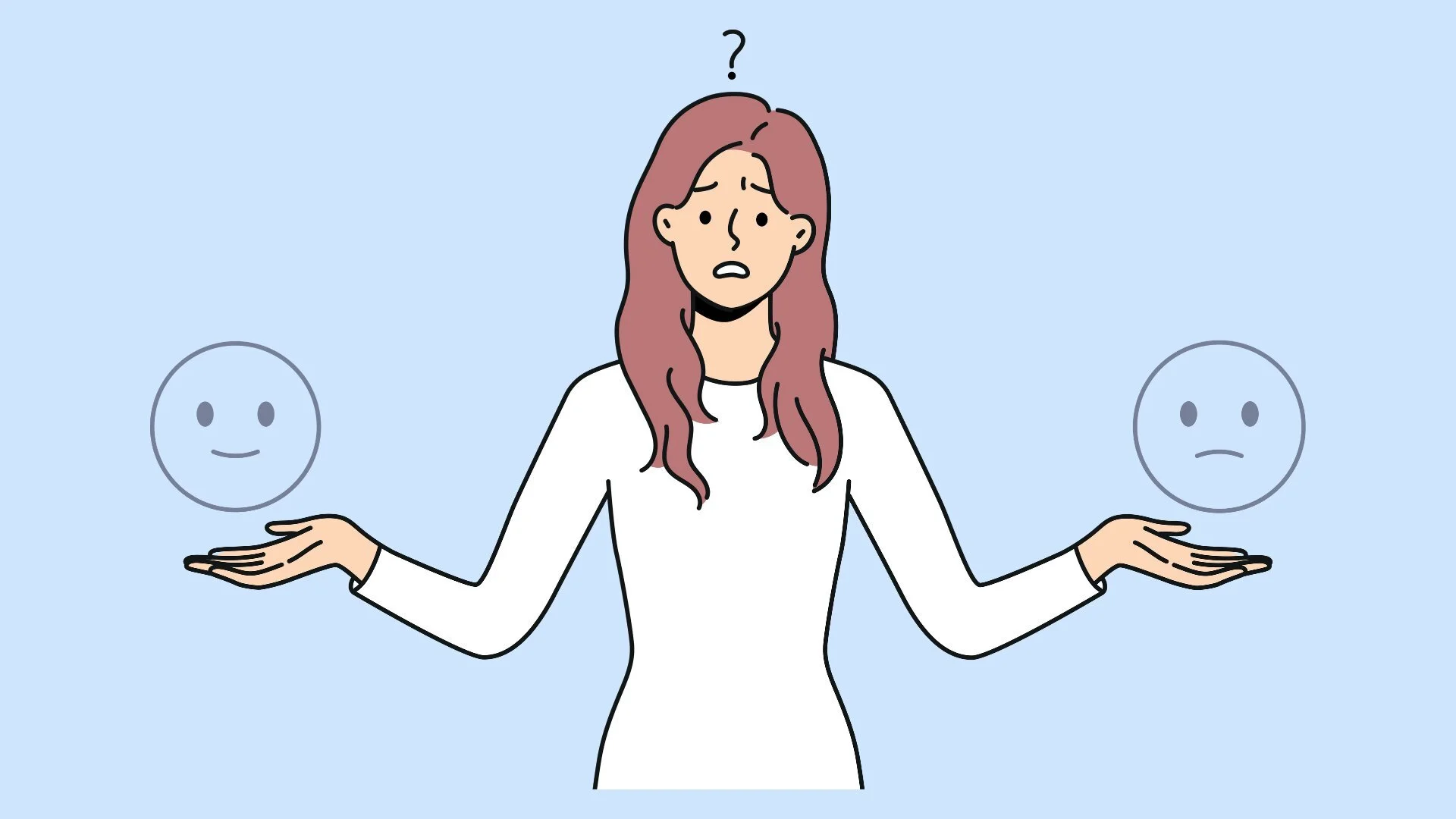8 Reasons Why People Think “Therapy Isn’t for Me” —and Why It Might Be More for You Than You Think
Despite therapy becoming more visible and accepted in recent years, many people still believe it’s not for them. Perhaps they’ve heard stories that don’t resonate, worry about stigma, or simply don’t feel “unwell enough” to justify it. These beliefs are deeply personal and often rooted in lived experience, upbringing, or cultural narratives. But what if those beliefs, while understandable, are based on myths or outdated ideas?
This post explores some of the most common reasons people think therapy isn’t for them—and gently unpacks why, for most people, therapy could actually be more accessible, meaningful, and relevant than they might realise.
1. “I’m not struggling enough to need therapy”
This is one of the most common misconceptions. Many people believe that therapy is only for crisis points—for when things feel unbearable, or life is falling apart. But in reality, therapy is often most effective when we’re functioning relatively well but want to deepen self-understanding, process life events, or improve the quality of our relationships and emotional life.
In fact, research shows that early intervention—engaging in therapy before things escalate—can lead to better long-term outcomes (Kazdin & Blase, 2011). Therapy isn’t just for people with diagnoses or major distress. It’s also for people who feel stuck in patterns, are navigating change, or want to grow in self-awareness.
“You don’t have to be drowning to benefit from learning how to swim.”
2. “Talking won’t change anything”
For some, talking about problems can feel pointless or even indulgent. If someone has learned to cope by pushing things down or focusing on action, the idea of sitting with emotions might feel uncomfortable or unfamiliar.
But decades of research into talk therapy tell a different story. Verbalising our experiences can help regulate emotion, foster clarity, and even change the way our brain’s function (Lieberman et al., 2007). More than that, the therapeutic relationship itself—having a safe, non-judgmental space where someone listens deeply and reflects with you—has been shown to be one of the most powerful factors in healing (Wampold, 2015).
Talking might feel strange at first, but in the hands of the right therapist, it can become a deeply transformative process.
3. “I should be able to handle this on my own”
This belief often comes from internalised messages around strength, independence, or resilience. Many of us were taught—implicitly or explicitly—that asking for help is weak, or that emotions are things to be managed privately.
But humans are wired for connection. From infancy, we rely on co-regulation with others to feel safe and soothed. Therapy isn’t a sign of failure—it’s an act of courage and self-respect. As Brené Brown (2012) puts it, vulnerability is not weakness, but “our most accurate measure of courage.”
In fact, research consistently shows that social support, including professional help, is a key protective factor for mental health and wellbeing (Ozbay et al., 2007).
4. “Therapy is too expensive”
It’s true that therapy can be costly, especially private sessions. And for some, finances are a real and valid barrier. But it’s also worth exploring whether this is the full picture.
Many people spend significant amounts of money on coping strategies—subscriptions, shopping, nights out, or other forms of self-soothing. Therapy, while an investment, can offer deeper and longer-term support that helps reduce reliance on these short-term fixes.
Additionally, options like sliding scale fees, low-cost clinics, community counselling services, or online platforms have made therapy more accessible than ever before. For example, the BACP and Counselling Directory both list practitioners who offer reduced rates.
Sometimes, it’s not just about affordability—it’s about giving yourself permission to prioritise your wellbeing.
Therapy could actually be more accessible, meaningful, and relevant than you might realise
5. “Therapists will judge me / won’t understand me”
This fear is incredibly common, especially for those who have felt misunderstood, dismissed, or judged in the past. Trust is central to the therapy process, and it makes sense to be cautious.
However, therapists are trained to work with people from all walks of life, and the foundation of ethical therapy is unconditional positive regard—an acceptance of the client as they are, without judgment (Rogers, 1957). A good therapist works to build a relationship where you feel seen, heard, and safe.
And if the first therapist you meet doesn’t feel like a good fit? That’s okay. Therapy is a deeply personal experience, and finding the right therapist is part of the journey. The relationship is what heals—and it’s worth taking the time to find someone you connect with.
6. “It didn’t work for me before”
Perhaps you tried therapy in the past and it didn’t feel helpful—or worse, left you feeling more confused or disheartened. This can leave a lasting impression.
But not all therapy is the same. There are many different approaches (from CBT to psychodynamic to integrative or person-centred models), and therapists themselves vary widely in style, skill, and personality. What didn’t work once might work now—with a different therapist, or in a different stage of your life.
Research supports this: the biggest predictor of successful therapy isn’t the method used, but the strength of the client–therapist relationship (Wampold, 2015). If you’ve had a negative experience, that’s valid—but it doesn’t mean therapy as a whole isn’t for you.
7. “I don’t want to talk about the past”
Some people worry that therapy will dredge up painful memories they’d rather leave behind. This is especially true for those who’ve experienced trauma or who have developed strong protective mechanisms to cope.
The good news? Therapy doesn’t have to be about the past. Many modern approaches focus on the present—your current behaviours, thoughts, emotions, and relationships. You’re always in control of what you share, and a good therapist will work at your pace.
Ironically, many people find that once they feel safe, they do want to revisit past experiences—not to dwell, but to understand and release them. The past can hold clues about the present, and therapy provides a gentle, supported way to make sense of those connections.
8. “I don’t have time for therapy”
In a busy world, committing to weekly sessions can feel like another pressure on the to-do list. But what if therapy didn’t take time away from your life—but actually gave time back?
When we’re mentally and emotionally stretched, we’re less productive, more reactive, and often operating in survival mode. Therapy can help us develop clarity, reduce internal noise, and move through the world with more ease.
As one client once said, “It’s the hour I give to myself so that the other 167 hours of the week feel more manageable.”
“You don’t have to be drowning to benefit from learning how to swim.”
Final Thoughts: Therapy Might Be More for You Than You Realise
If you’ve ever thought, “Therapy isn’t for me,” you’re not alone. These beliefs often come from deeply personal places. But they may also be based on misunderstandings or past experiences that no longer reflect your needs or possibilities.
Therapy doesn’t ask you to be broken. It doesn’t demand that you open up before you’re ready. It simply invites you to explore—with curiosity and compassion—what it means to be human, to struggle, to grow.
Whether you’re wrestling with something specific or simply longing for more insight, clarity, or connection, therapy can offer a space to meet yourself more fully. And that, in itself, can be a quiet revolution.
References
• Brown, B. (2012). Daring greatly: How the courage to be vulnerable transforms the way we live, love, parent, and lead. Gotham Books.
• Kazdin, A. E., & Blase, S. L. (2011). Rebooting psychotherapy research and practice to reduce the burden of mental illness. Perspectives on Psychological Science, 6(1), 21–37. https://doi.org/10.1177/1745691610393527
• Lieberman, M. D., et al. (2007). Putting feelings into words: Affect labeling disrupts amygdala activity in response to affective stimuli. Psychological Science, 18(5), 421–428. https://doi.org/10.1111/j.1467-9280.2007.01916.x
• Ozbay, F., Johnson, D. C., Dimoulas, E., Morgan, C. A., Charney, D., & Southwick, S. (2007). Social support and resilience to stress. Psychiatry (Edgmont), 4(5), 35–40.
• Rogers, C. R. (1957). The necessary and sufficient conditions of therapeutic personality change. Journal of Consulting Psychology, 21(2), 95–103.
• Wampold, B. E. (2015). How important are the common factors in psychotherapy? An update. World Psychiatry, 14(3), 270–277. https://doi.org/10.1002/wps.20238


